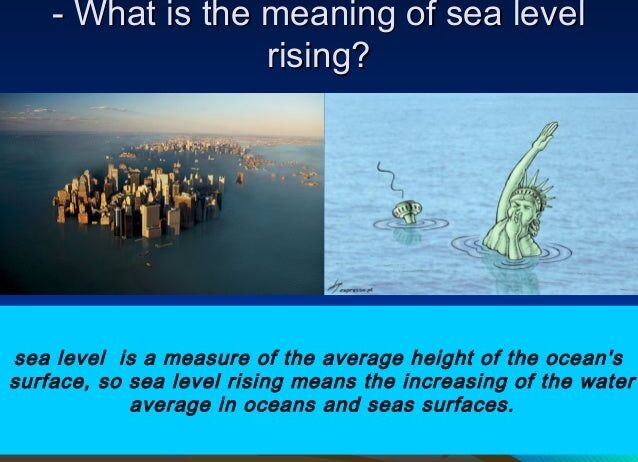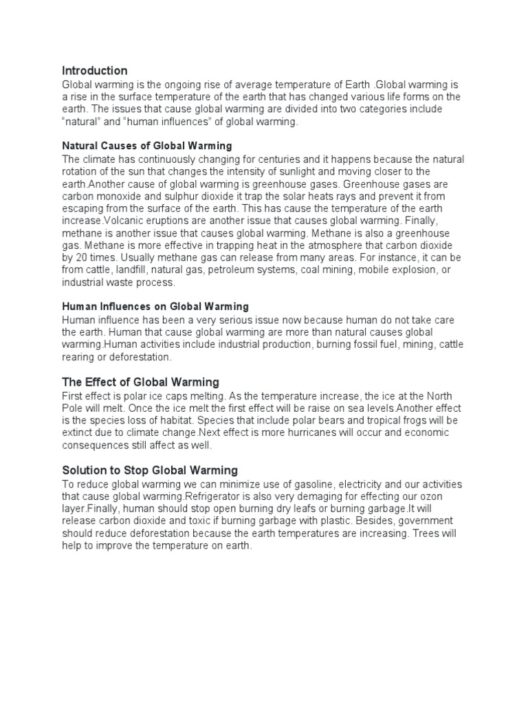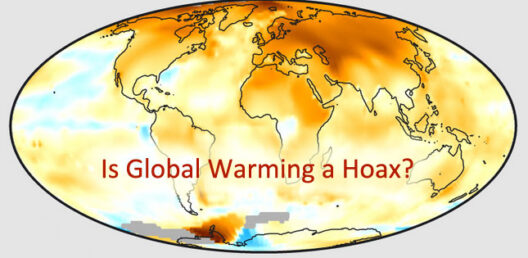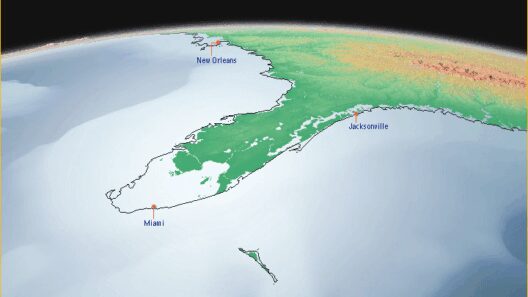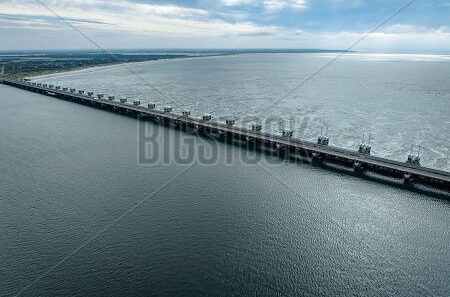Rising sea levels pose a profound threat to coastal communities, ecosystems, and economies worldwide. As climate change accelerates the melting of ice sheets and glaciers, as well as the thermal expansion of seawater, the implications of higher oceans become increasingly dire. This article delves into the myriad challenges presented by rising sea levels and underscores the urgent need for comprehensive understanding and action to mitigate these daunting problems.
The intricate interplay between climate change and sea level rise is not merely a scientific concern; it has far-reaching social, economic, and environmental consequences. Understanding the nuances of this issue is essential for communities at risk and policymakers striving to craft effective responses.
The Unstoppable Rise: Causes of Sea Level Increase
To appreciate the gravity of rising sea levels, one must first comprehend its root causes. Primarily, two phenomena contribute to this troubling trend: the warming climate and the subsequent melting of polar ice. As global temperatures ascend due to anthropogenic greenhouse gas emissions, ice sheets, particularly in Greenland and Antarctica, undergo accelerated melting. With vast quantities of freshwater entering the oceans, it fundamentally alters the balance of our planet’s water systems.
In tandem with melting ice, the thermal expansion of seawater exacerbates the situation. As the atmosphere warms, the oceans absorb much of this heat, causing the water to expand. This seemingly innocuous effect silently swells ocean volumes, further contributing to rising sea levels. The combination of these factors presents an emphatically potent challenge, as both processes are projected to escalate, leading to potentially catastrophic developments in the coming decades.
The Human Sphere: Vulnerable Coastal Communities
Perhaps the most immediate and poignant impact of rising sea levels is felt by coastal communities. Low-lying areas look towards an uncertain future, grappling with the encroaching ocean that threatens their very existence. According to projections, if current trends continue, millions could be displaced in the next few decades due to inundation and persistent flooding. Cities like Miami, New Orleans, and Jakarta are on the frontline, characterized by their low elevation and dense populations.
Economic ramifications are equally critical. Coastal communities often thrive on tourism and fishing industries that suffer immensely from flooding and erosion. Property values plummet as the perceived risk escalates, leading to a phenomenon known as “climate gentrification,” where wealthier individuals move to beachfront areas while poorer residents find themselves taxed by rising insurance premiums or forced to relocate.
Adaptation Versus Mitigation: Navigating a Dual Challenge
The complexities of addressing rising sea levels necessitate a two-pronged approach: adaptation and mitigation. Adaptation involves implementing strategies to live with and manage the effects of higher oceans. This might entail constructing sea walls, restoring mangroves, and developing sustainable drainage systems. However, while these measures may afford temporary relief, they do not address the root cause of the problem: climate change.
On the flip side, mitigation efforts are vital in reducing greenhouse gas emissions, ultimately slowing the temperature rise that fuels sea level increase. Transitioning to renewable energy sources, enhancing energy efficiency, and promoting sustainable land use practices are crucial measures. Policymakers must pursue ambitious emission-reduction targets while nurturing environmental stewardship to safeguard future generations from the impacts of rising oceans.
The Ecosystem Dilemma: Threatened Habitats
The consequences of rising sea levels extend beyond human communities; they herald a serious threat to global biodiversity. Coastal ecosystems, such as wetlands and mangroves, serve as critical habitats for various species and act as natural barriers against storm surges. As seas encroach upon these areas, ecosystems face desolation, species find their habitats fragmented, and vital resources are lost.
Moreover, the salinity of coastal waters increases, disrupting delicate marine ecosystems and affecting freshwater supply in adjacent areas. The implications ripple through food chains, impacting both aquatic life and human dietary sources dependent on seafood. Ecological resilience diminishes, leading to dwindling fish populations and declining biodiversity, which further complicates conservation efforts.
Global Implications: A Shared Responsibility
Rising sea levels represent a global challenge that transcends national borders. Collaborative efforts must be undertaken to address this crisis effectively. Nations must commit to sharing resources, technologies, and strategies necessary for both adaptation and mitigation. Furthermore, developed countries bear a responsibility to assist developing nations, which often lack the financial capacity and infrastructure required to combat the challenges posed by rising oceans.
International agreements and frameworks play a crucial role in fostering cooperation. The Paris Agreement exemplifies a commitment by countries to curb greenhouse gases and share in the responsibility of addressing climate change. Upholding these agreements is paramount to thwarting the most adverse outcomes of rising sea levels.
Conclusion: The Call for Urgent Action
In conclusion, rising sea levels are an alarming consequence of climate change, presenting multifaceted challenges that require immediate and unprecedented action. It is imperative for individuals, communities, and governments alike to recognize the stakes involved. Whether through localized adaptations, international collaborations, or a steadfast commitment to mitigate climate change, the goal should be the same: to foster resilience, safeguard habitats, and ensure the sustainability of future generations.



